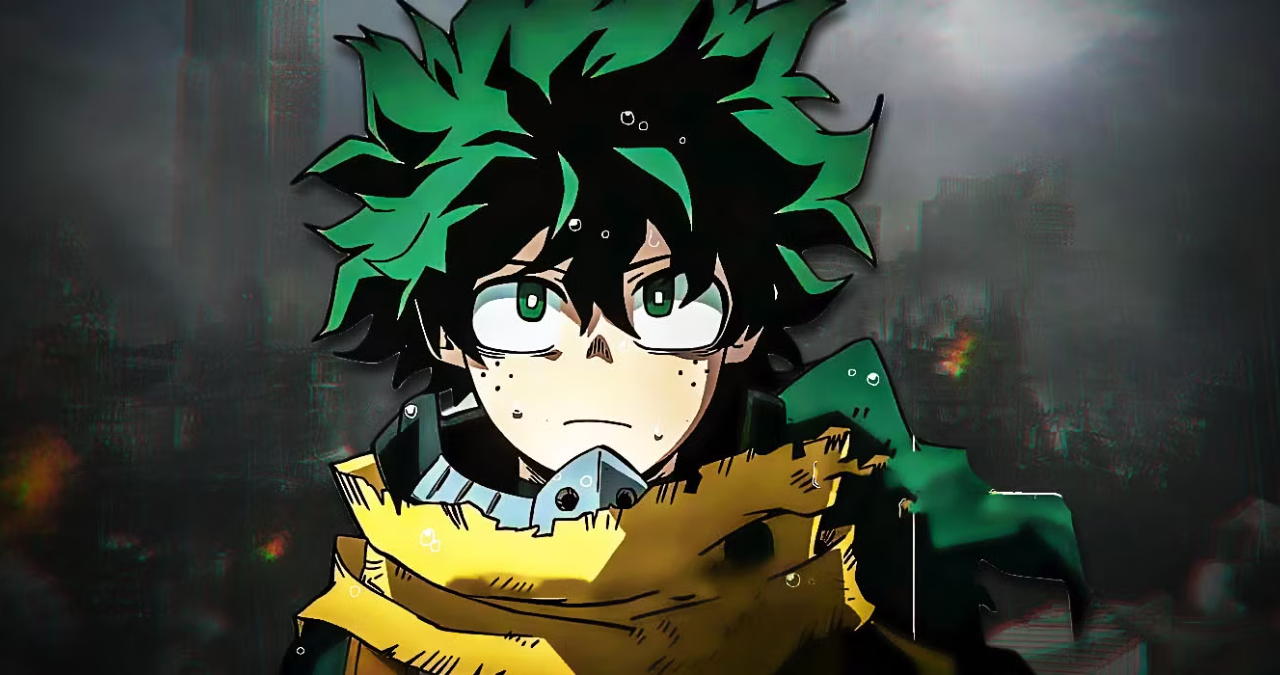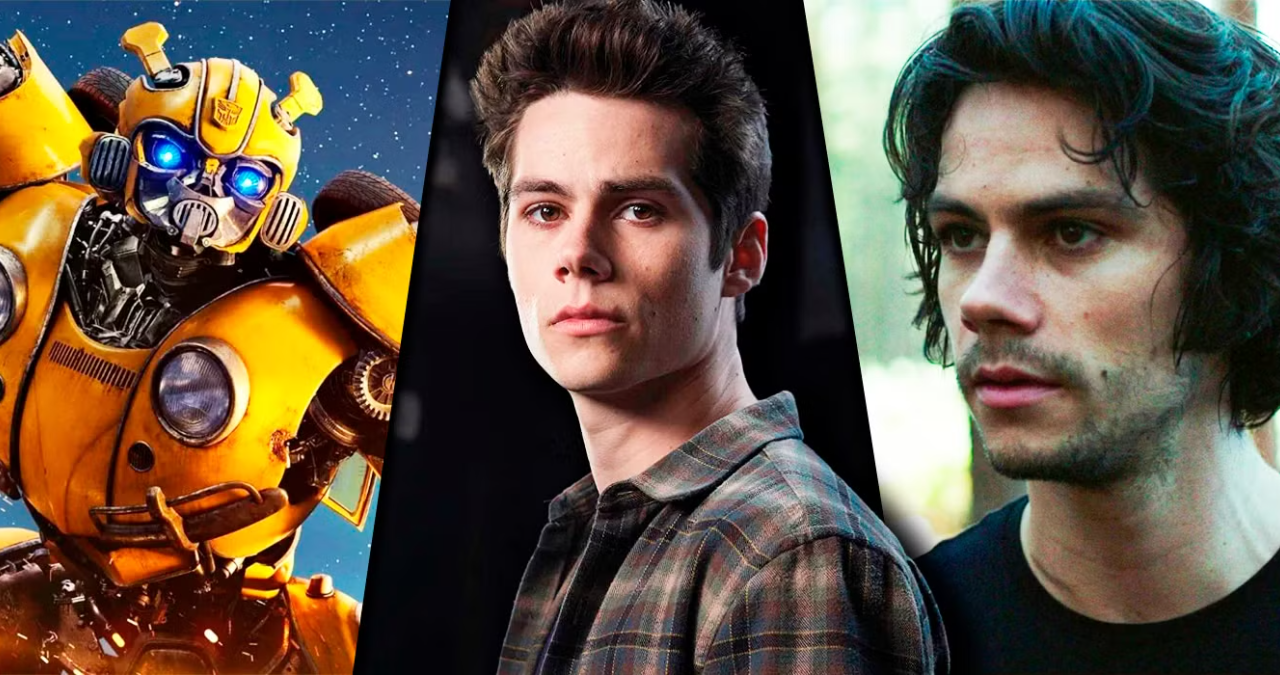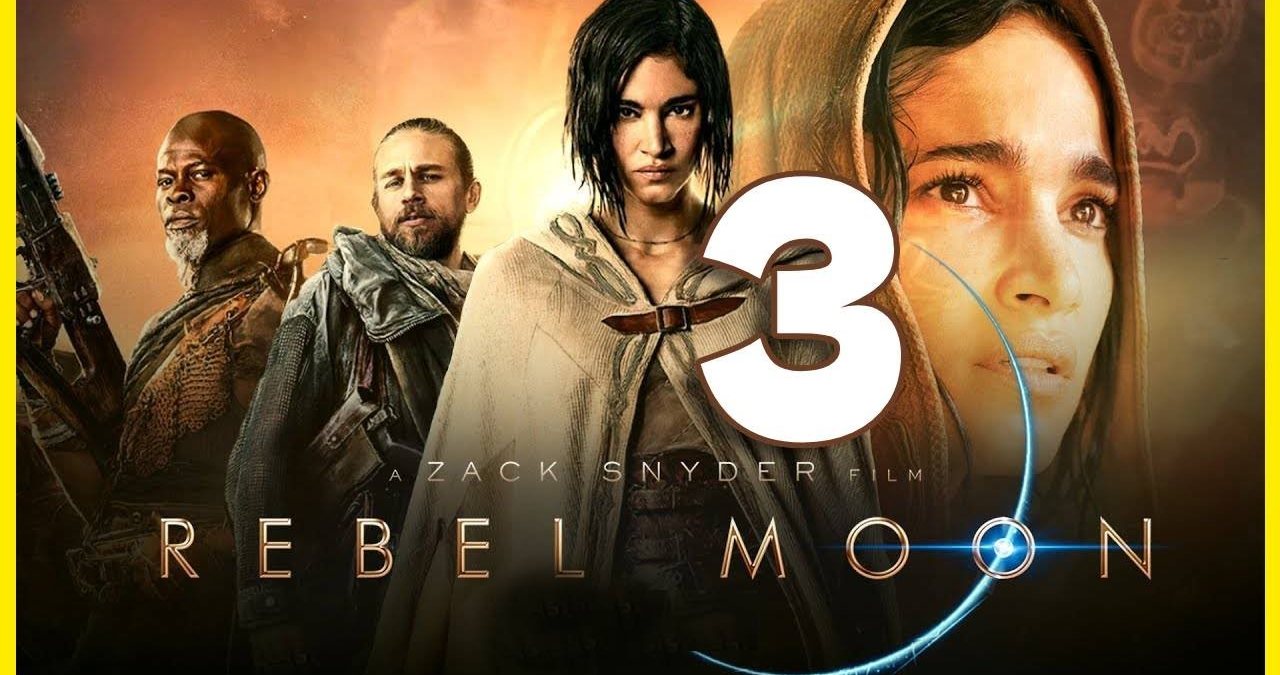Vigilante Deku reveals the raw, emotional, and heroic side of Izuku Midoriya. Dive into his transformation, struggles, and impact in My Hero Academia’s most intense arc.
Vigilante Deku is more than just a fan-favorite arc in My Hero Academia — it’s a turning point in the development of Izuku Midoriya. In this storyline, we see a departure from the traditional heroic image he had built up, revealing a darker, grittier side to our protagonist. For many fans, Vigilante Deku represents what happens when a hero stops waiting for permission to act. He’s raw, driven, and a little bit broken. And that’s exactly why we love him.
In this article, we’ll dig deep into who Vigilante Deku is, how he came to be, and why this transformation matters. We’ll explore his psyche, his relationships, and the world that forced him into the shadows. Whether you’re new to the series or a long-time fan, this is your go-to guide for understanding everything about Vigilante Deku.
The Birth of Vigilante Deku: A Hero Without the Spotlight
Before Izuku Midoriya became Vigilante Deku, he was your standard hopeful hero-in-training at U.A. High School. Driven by a strong sense of justice and inspired by his idol All Might, Deku was always willing to go the extra mile to save others. But everything changed after the Paranormal Liberation War.
Society crumbled. Heroes stepped down. Villains ran rampant. And Deku? He chose to leave the comfort and structure of the Hero Association. He took matters into his own hands and disappeared into the streets. That’s when he became Vigilante Deku — a lone figure with a hoodie and mask, taking down threats one by one in the shadows.
It wasn’t about glory anymore. It wasn’t about recognition. Vigilante Deku took action because no one else would. This transition wasn’t just a costume change — it was a reflection of how much he’d matured and the weight he carried on his shoulders.
A Look at His Appearance: Symbolism in Design
One of the first things fans noticed about Vigilante Deku was his new look. Gone were the bright greens and youthful smiles. Instead, he wore a ragged costume, battle-scarred and soaked in grime. His eyes — once wide with curiosity — looked worn, tired, and determined.
This change in design wasn’t just aesthetic. It symbolized his mental state. The tattered cape was All Might’s, now dragged through the mud, representing the fall of heroes in society. His arms were covered with makeshift wraps, showing how he was holding himself together — literally and figuratively.
And then there’s the black tendrils of One For All — often swirling around him like a dark aura. These weren’t just quirks activating. They were a visual representation of how close he was teetering to the edge of control. Vigilante Deku is not just fighting villains — he’s fighting his own fears.
The Mental Burden: Deku’s Struggles With Isolation
Becoming Vigilante Deku wasn’t just a strategic decision. It was an emotional sacrifice. Izuku cut himself off from friends, family, and even his mentors. Why? Because he believed that his presence brought danger to those around him. He isolated himself out of guilt and responsibility.
This self-imposed loneliness took a toll. The psychological strain of constantly being on edge, not knowing who would come after him next, wore him down. Sleep-deprived, injured, and exhausted, Vigilante Deku kept going purely out of determination — but it was clear that he was slowly unraveling.
His transformation into Vigilante Deku forced fans to question the traditional idea of what makes a hero. Is it someone who wears a costume and follows rules? Or is it someone who protects others, even when it breaks them? Deku showed us that sometimes, being a hero means sacrificing your own happiness.
Relationships Revisited: How His Friends Reacted
When Deku went solo, it wasn’t just the villains who noticed. His classmates, especially the Class 1-A crew, were deeply affected. At first, there was confusion. Then worry. And eventually, frustration.
Bakugo, his long-time rival, perhaps understood Deku’s motivations more than anyone. Even though their relationship was always rocky, this arc showed that Bakugo cared deeply about him. In fact, it was Bakugo who took initiative in bringing Deku back, recognizing that heroes can’t fight alone.
The rest of Class 1-A wasn’t far behind. From Uraraka’s tearful pleas to Todoroki’s quiet strength, everyone stepped up to remind Deku that he wasn’t alone. That moment — when they chased him down and embraced him — was one of the most powerful emotional beats in the series.
Vigilante Deku’s Combat Evolution: Power With a Price
During his time as Vigilante Deku, Midoriya’s fighting style evolved dramatically. Gone were the controlled, cautious hits. In their place came relentless, high-speed attacks using multiple quirks from One For All. He combined Blackwhip, Float, Danger Sense, Smokescreen, and Fa Jin with devastating effectiveness.
But this came at a price. The physical toll on his body was immense. Without rest or recovery time, his injuries began to pile up. His movements became more frantic, less precise. Each fight became a gamble — win or collapse.
Yet fans couldn’t help but be in awe. Vigilante Deku wasn’t just powerful — he was unpredictable. He fought like a storm, overwhelming enemies before they could react. It was a spectacle of raw determination fueled by desperation.
Symbolism of Vigilantism in My Hero Academia
The concept of a vigilante in My Hero Academia isn’t new. In fact, there’s even a spin-off manga, My Hero Academia: Vigilantes, that explores this theme in depth. But Deku’s arc brought it into the main story in a deeply emotional and complex way.
Vigilantism in this universe represents a rejection of institutional structure. It’s a refusal to wait for orders. It asks uncomfortable questions: What happens when the system breaks? Who picks up the pieces? Deku answered that question not with words, but with action.
He didn’t become a villain. He didn’t abandon his ideals. He simply stepped outside the lines to protect others. That gray area between hero and outlaw is what makes Vigilante Deku so compelling.
The Public Perception: Hero or Menace?
Public reaction to Vigilante Deku was mixed. On one hand, there were those who admired his resolve. They saw him as the last remaining symbol of hope in a crumbling world. On the other, some feared him. Covered in blood and shadow, moving like a ghost — he didn’t look like a savior anymore.
This duality mirrored real-world issues of perception and bias. Sometimes, doing the right thing doesn’t look clean or polished. Sometimes, heroes look like threats. Vigilante Deku forced people to rethink their assumptions about what a hero should look like.
Comparing Vigilante Deku to Classic Heroes
There are plenty of comparisons between Vigilante Deku and classic vigilante heroes like Batman or Daredevil. Like them, Deku operates at night, uses fear as a weapon, and isn’t afraid to get his hands dirty. But unlike them, he still carries a purity of heart that sets him apart.
Where Batman embraces darkness as his identity, Vigilante Deku constantly fights against it. He doesn’t want to become a symbol of fear — he wants to bring peace. That inner conflict gives his arc more emotional weight and relatability.
Deku never lost sight of his goal. Even when he looked like a shadow, he was still trying to bring light.
The Redemption Arc: A Return to Humanity

Eventually, the vigilante arc came to an end — not because Deku gave up, but because his friends pulled him back. They reminded him that being a hero doesn’t mean going it alone. That redemption is possible even when you’re lost.
It was an emotional turning point. We saw Midoriya finally break down, allowing himself to be vulnerable. The wall he’d built came crashing down, and in its place stood a boy who remembered why he wanted to be a hero in the first place.
What Vigilante Deku Means to the Fandom
For many fans, Vigilante Deku represents the raw essence of heroism. He’s not clean-cut. He’s not perfect. But he’s real. He shows that heroes can struggle. That they can fall. And more importantly, that they can rise again.
Fan art, cosplays, and fanfiction exploded during this arc. People connected deeply with this version of Deku because it felt honest. He wasn’t the golden boy anymore — he was someone fighting tooth and nail just to keep going.
FAQs About Vigilante Deku
Who is Vigilante Deku?
Vigilante Deku is the version of Izuku Midoriya who operates outside of the Hero Association after society collapses. He fights alone to protect people without waiting for orders.
Why did Deku become a vigilante?
He chose to protect others on his own because he believed his presence endangered his loved ones. It was a selfless and emotionally driven decision.
Is Vigilante Deku stronger than before?
Yes, his combat abilities evolved significantly. He used multiple quirks from One For All simultaneously, but it came at the cost of physical and mental exhaustion.
Does Vigilante Deku turn evil?
No. Despite his darker appearance and isolation, he never gives up his core values. He always fights to protect people.
What brought Deku back from being a vigilante?
His friends from Class 1-A, especially Bakugo and Uraraka, helped him realize he didn’t have to carry the burden alone.
Is Vigilante Deku in the anime?
Yes, his arc is covered in the later seasons of My Hero Academia, showcasing his solo journey and eventual reunion with his friends.
What’s the significance of Deku’s costume as a vigilante?
It reflects his mental and emotional state — worn, scarred, and unpolished. It also symbolizes his rejection of the traditional hero image.
How does Vigilante Deku compare to Batman?
Both operate outside the system and fight in the shadows, but Deku still clings to hope and emotional connection, unlike Batman’s full embrace of darkness.
Why do fans love Vigilante Deku so much?
Because he’s vulnerable, relatable, and real. He represents perseverance in the face of despair and shows that even heroes can be broken.
Is Vigilante Deku canon?
Yes, it’s an essential part of the My Hero Academia main storyline, not just a fan concept.
Conclusion: The Legacy of Vigilante Deku
Vigilante Deku is a mirror reflecting the chaos, pain, and hope of a world turned upside down. He isn’t just a hero in a hoodie — he’s a symbol of resilience, showing us that even when the world turns against you, you can still fight for what’s right. In embracing the shadows, Deku helped bring light back into the world.
In the end, Vigilante Deku reminds us that true heroism isn’t about fame or recognition — it’s about sacrifice, empathy, and the strength to keep moving forward, even when it hurts.




